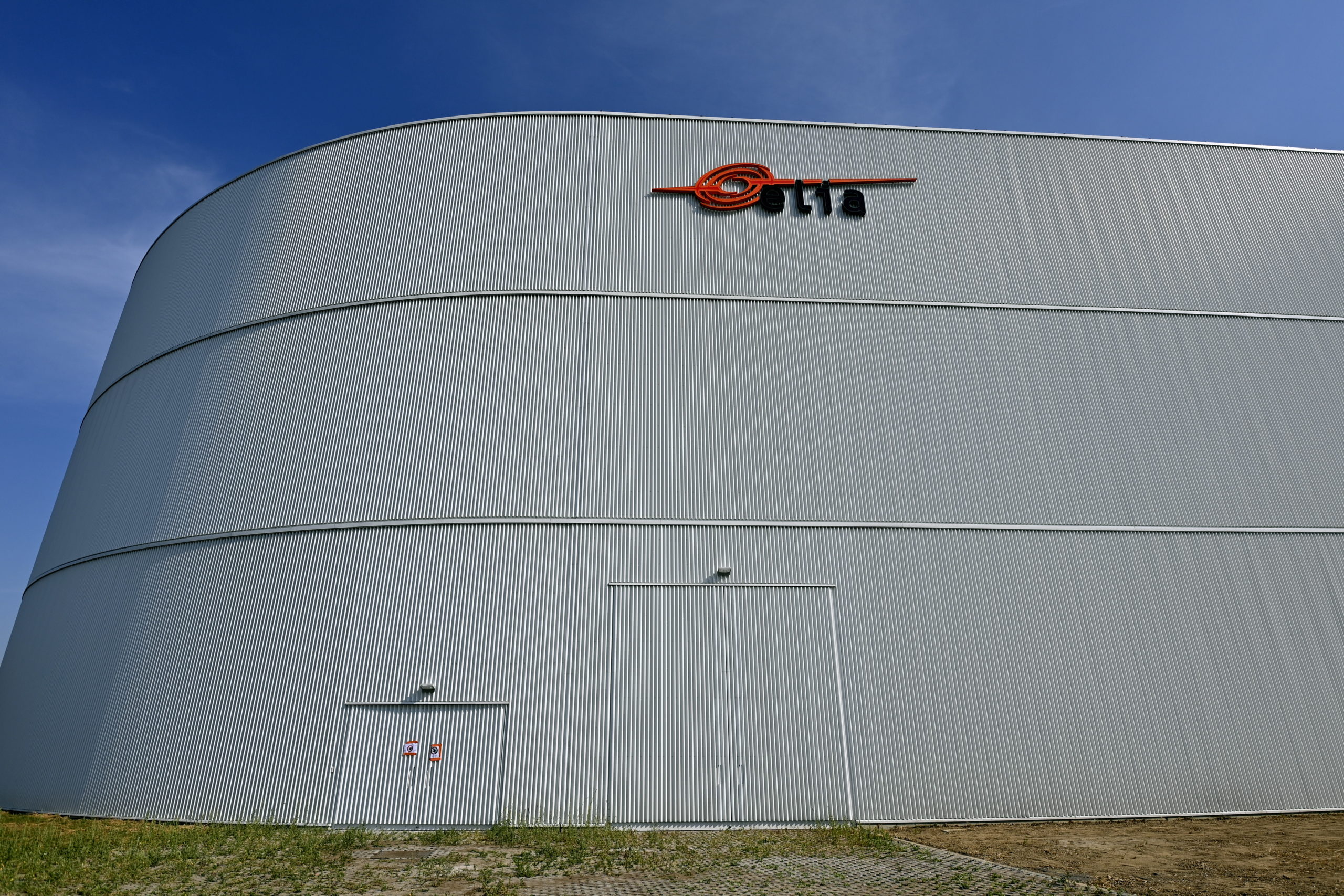
Belgian grid manager to raise transmission rates to prepare for EVs

Elia will invest billions in the coming years in, among other things, the new Ventilus and Boucle-du-Hainaut high-voltage lines /Belga
The Belgian federal energy regulator CREG has approved the new transmission rates grid manager Elia will charge for electricity distribution


Comments
Ready to join the conversation?
You must be an active subscriber to leave a comment.
Subscribe Today